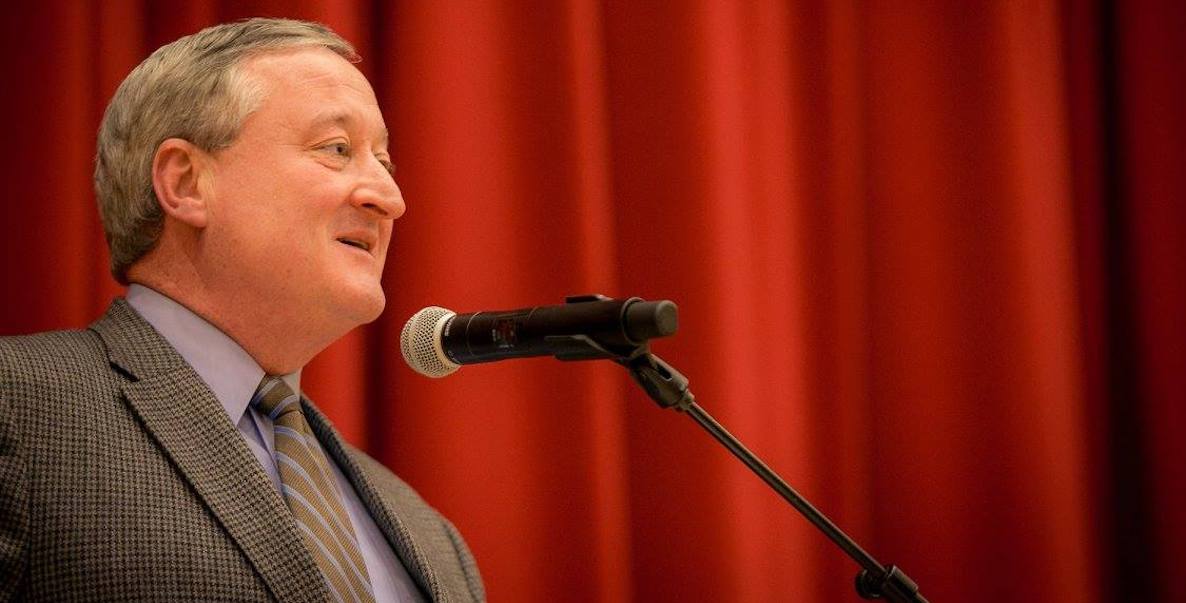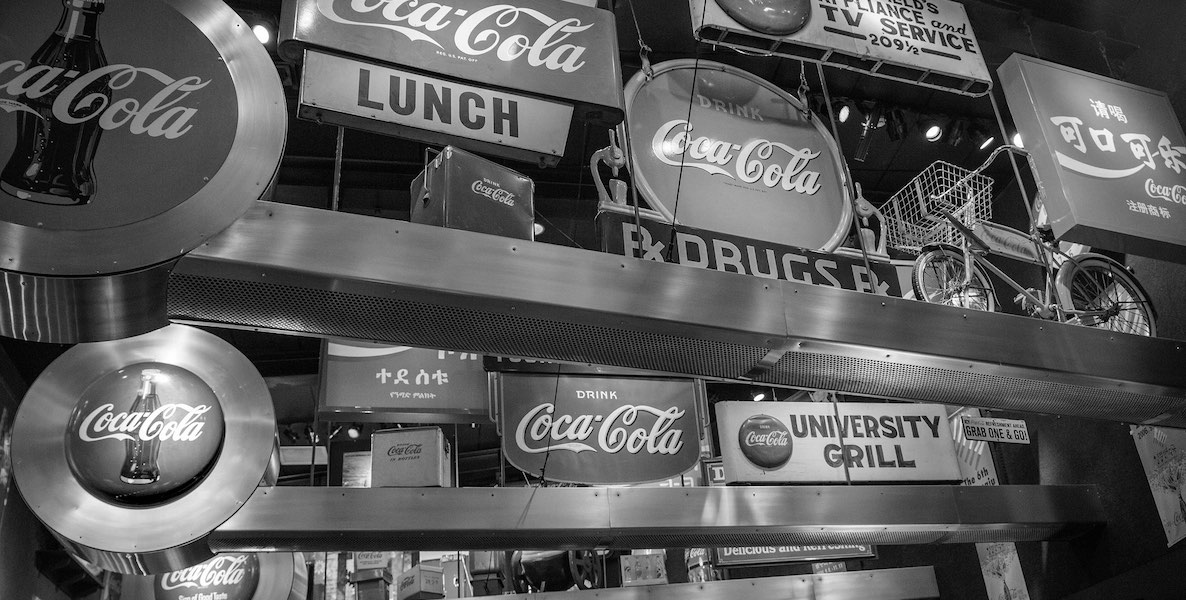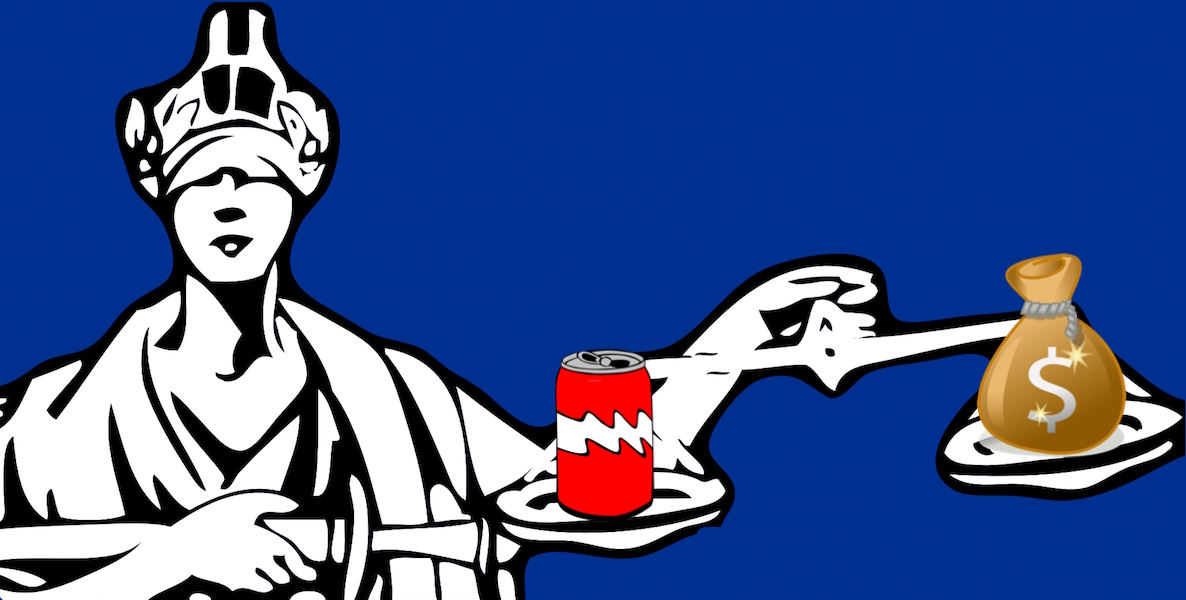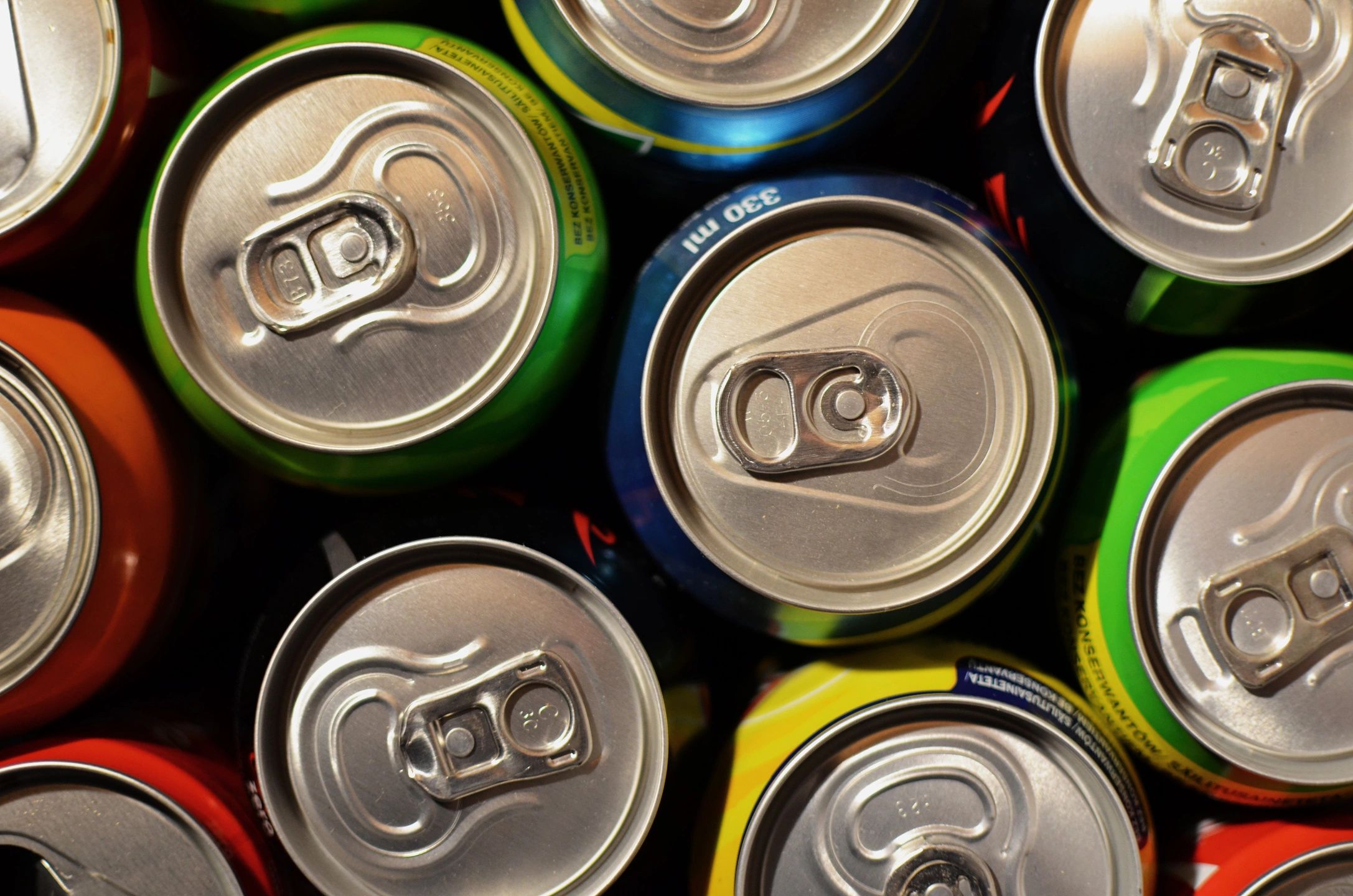After reading Larry Platt’s commentary “Tax Addiction,” I am reminded of something President Kennedy once said: “Too many people enjoy the comfort of opinion without the discomfort of thought.”
There’s really no other way to explain how anyone can come to the conclusion that a non-discretionary increase in Philadelphia’s portion of the state sales tax—in other words, something everybody would be forced to pay—is somehow preferable than the soda tax as a way to fund critically important education and poverty programs in our city.
First, some context. Remember that the soda tax is something that the beverage industry chooses to pass on to customers. The Philadelphia law is a tax on distributors, not retailers. So the big soda companies—which make billions of dollars a year—are choosing to pass the tax to consumers rather than paying for it themselves, which they can certainly afford to do.
Mayor Kenney championed the tax and built a coalition that earned overwhelming support in City Council. He continues to lead the fight because the soda tax is working exactly as intended, and the programs it supports are vital to Philadelphia’s future.
Second, the soda tax gives consumers a choice, too: You only have to pay the tax if you choose to buy sweetened beverages. Water, juices, and other non-sweetened beverages are not subject to the tax, and oh by the way, the beverage industry makes a ton of profit by selling these beverages, too. By contrast, an expansion of the state sales tax would force everybody to shoulder the tax burden.
![]()
So it’s no wonder that the beverage companies and their allies have spent tens of millions of dollars to fight the tax, filling the airwaves with misinformation to scare legislators and citizens alike.
As we are reminded, facts are stubborn things, and these are the facts as outlined in a June 19 letter from city Finance Director Rob Dubow: 1) the tax has raised approximately $80 million for expanded pre-K programs, innovative Community Schools, and for the Rebuild Initiative to revitalize rec centers, parks and libraries citywide; and 2) the tax revenues actually do support these programs, and any suggestion to the contrary is a deliberate deception.
![]()
Mayor Kenney championed the tax and built a coalition that earned overwhelming support in City Council. He continues to lead the fight because the soda tax is working exactly as intended, and the programs it supports are vital to Philadelphia’s future. Killing the tax in favor of expanding the city portion of the sales tax is a harebrained idea that serves no one’s interest; except of course the beverage industry, which explains why its allies are pushing this self-serving scheme in Harrisburg.
But just because the beverage industry keeps serving up one lie after another about the soda tax, it doesn’t mean we have to swallow it.
The soda tax is making a positive difference in Philadelphia. Let’s keep it that way.
Donna Cooper is Executive Director of Public Citizens for Children and Youth and the former Secretary of Policy and Planning for the Commonwealth of Pennsylvania under Governor Ed Rendell.







